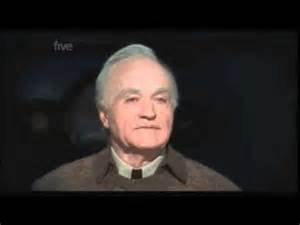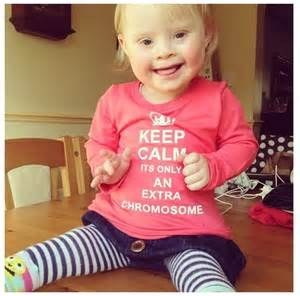
Man, Monster, or Machine: Identity in Frankenstein Stories and the Modern World
Establishing a sense of humanity and self-worth is important to the development of every person, but what happens when even one's manhood is questionable? Frankenstein helped to establish the idea of a non-human creation with a conscience, and stories like Bicentennial Man explore this theme. Both emphasize the roles of names, because the way each creation is described shifts with his perceived level of humanity. This is supported by the use of "monster" and "creature" in Frankenstein, Andrew Martin's shifting use of "one" and "I", and each creation's quest for rights and validation. Identity in literature, movies, and modern life can be influenced by such small words.

The Original
In Shelley's book, this debate is discussed in terms of "monster" versus "creature" or "creation". "Monster" signifies a vicious, animal-like being, while the other terms give Frankenstein's progeny a more benign and human image. He lacks a personal name, already dehumanizing him. When they meet after years apart, Frankenstein exclaims, "Abhorred monster!" blaming him for everything. In the same scene, this being calls himself Victor's "creation" to whom he forever bound (Frankenstein, 99). Later, he asks for a companion, saying "... we shall be monsters" (Frankenstein, 145). When he has done wrong, even the creature does not believe in his own goodness and humanity. Yet throughout the novel, Victor calls his creation "he", not "it", and often shows him some degree of dignity. This use of changing terminology shows the struggle to fit the creature into humanity and its language.

On the Silver Screen
Similarly, Andrew Martin comes to his family with no name and struggles to find out whether he is truly human. Unlike the creature, he has a comparatively successful experience on his journey. "One is glad to be of service," his signature phrase, illustrates how he does not use "I" to name himself for much of the movie. "It is a household appliance," says one man about Andrew. Yet Richard, and eventually Andrew and the family, fiercely defend his humanity. The android does not begin to use "I" until he has been freed and banished from the Martin household. From then on, he only becomes more human.

The Struggle
Frankenstein's creation wants happiness and approval in the form of a mate like himself, while Andrew wants to be recognized as a full human being with the right to marry. The creature actually ends up further from his goal than when he started. He becomes the monster that almost everyone thought he was, killing innocent people with his bare hands. Andrew becomes a man and has this acknowledged by the public. The words these creations use for themselves mirror these outcomes. Andrew's purpose became "To be acknowledged for who and what [he is], no more, no less," while the creature's was to torment his creator.

In the Real World
In the modern world, marginalized people still search for understanding and acknowledgment through the terms that are used to describe them. Terms like "Indian", "retarded", and "homosexual" have fallen out of use as Native Americans, the mentally handicapped, and the LGBQT community become more valued and visible. Like Andrew and the creature's journeys of self-discovery, these groups had to fight internal pressures as well as prejudice from those around them in order to reach their goals.


